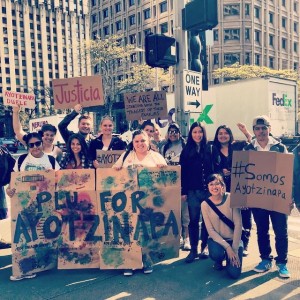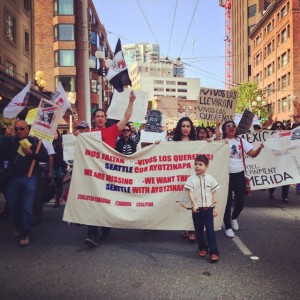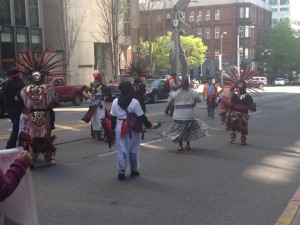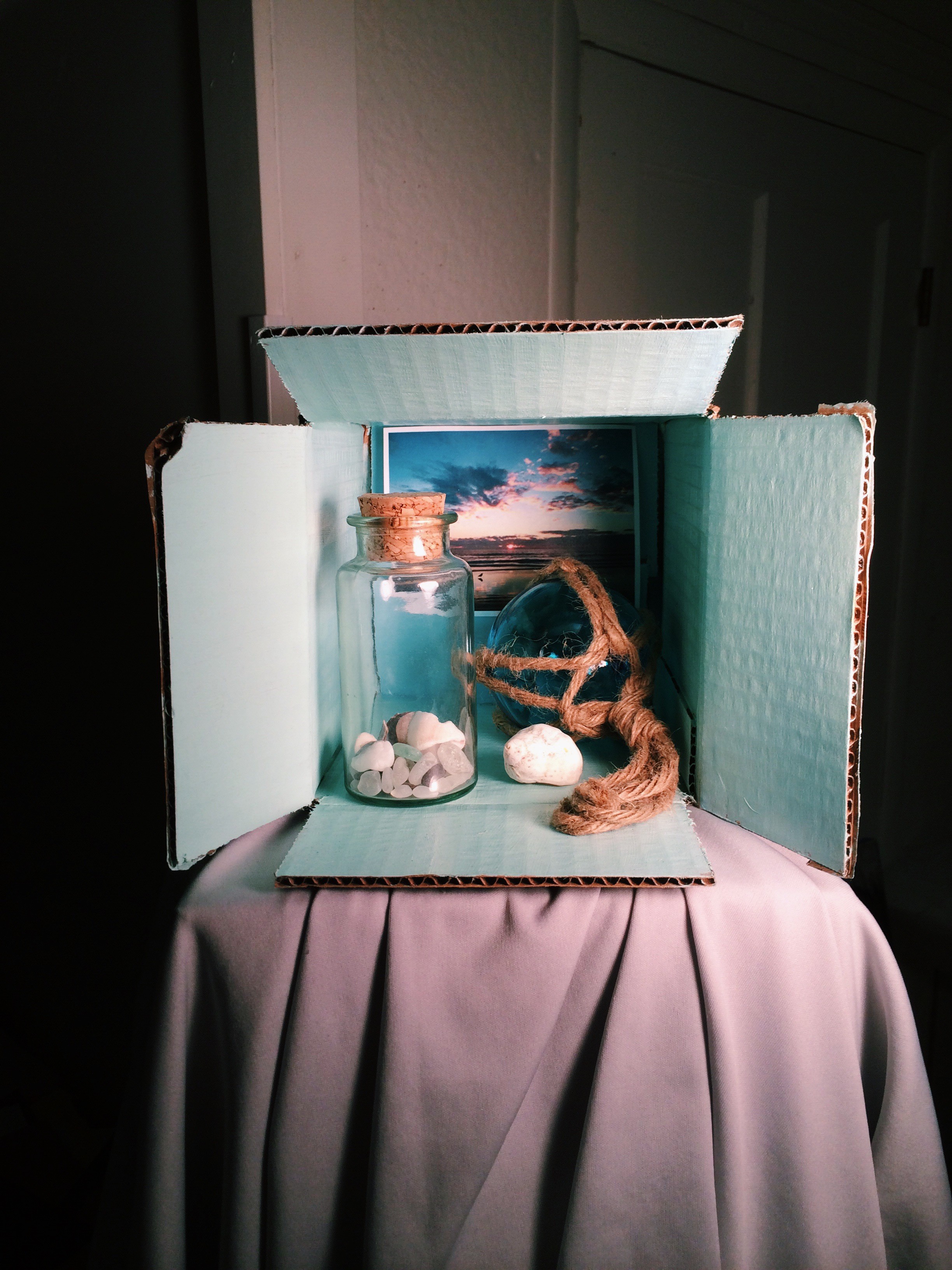This is a piece written by my good friend Victoria Gavia (with minimal contributions on my part), about our day with the “Caravana 43”, the parents and classmates of the 43 disappeared students from Iguala, Mexico. It was an honor to stand in solidarity with these brave souls. Emotions were high, and I will also remember this as one of the most passionate marches I’ve ever attended. Feel free
Victoria Gavia (with minimal contributions on my part), about our day with the “Caravana 43”, the parents and classmates of the 43 disappeared students from Iguala, Mexico. It was an honor to stand in solidarity with these brave souls. Emotions were high, and I will also remember this as one of the most passionate marches I’ve ever attended. Feel free to share this on social media, and make it clear that we demand an end to military aid to Mexico (Germany has done it, we can too!)
to share this on social media, and make it clear that we demand an end to military aid to Mexico (Germany has done it, we can too!)
¡La luuuuuuucha sigue, sigue!
United with the Caravana 43 in Seattle
By Victoria Gavia
This past weekend the Caravana 43 from Iguala, Mexico (in the state of Guerrero) made their way through Washington in an effort to raise awareness, gather support, and continue their search
their search for justice. One of their stops along the way included a panel presentation at Seattle University, along with a rally at the Mexican Consulate downtown, and a march from there to Seattle’s Federal Building. The 43 disappeared students of the teaching College of Ayotzinapa is an injustice that must not be ignored or forgotten. If you are unfamiliar with this tragedy, I urge you to research it—because despite what you might think, it affects you. This caravana (caravan) symbolizes the struggle of their parents, the struggle for justice, and the struggle for the truth.
for justice. One of their stops along the way included a panel presentation at Seattle University, along with a rally at the Mexican Consulate downtown, and a march from there to Seattle’s Federal Building. The 43 disappeared students of the teaching College of Ayotzinapa is an injustice that must not be ignored or forgotten. If you are unfamiliar with this tragedy, I urge you to research it—because despite what you might think, it affects you. This caravana (caravan) symbolizes the struggle of their parents, the struggle for justice, and the struggle for the truth.
“No Justice, No Peace”
On September 26th, 2014 the normalistas, who are all members of the Federacion Estudiantes Campesinos Socialistas, were blocked by municipal police who had left one of their patrol cars in the middle of the road. Some of the students went outside to move the car—that’s when police started shooting at them. The details of the event
in the middle of the road. Some of the students went outside to move the car—that’s when police started shooting at them. The details of the event leading up to their inevitable disappearance
leading up to their inevitable disappearance are not all here—this act is couched in corruption and lies—but the reality remains, these young people are gone and we don’t know what has happened to them.
are not all here—this act is couched in corruption and lies—but the reality remains, these young people are gone and we don’t know what has happened to them.
“Vivos se los llevaron, vivos
se los llevaron, vivos los queremos”
los queremos”
We were shown graphic images of several bodies left in the street from that night, videos of the frequent confrontations between students and police forces, and an image
of several bodies left in the street from that night, videos of the frequent confrontations between students and police forces, and an image of a man so brutally murdered that we saw the skull under the skin of his face. That night, our student presenter, Angel Neri de la Cruz Ayala, saw 3 of his friends die at the hands of the police.
of a man so brutally murdered that we saw the skull under the skin of his face. That night, our student presenter, Angel Neri de la Cruz Ayala, saw 3 of his friends die at the hands of the police.
“Ayotzinapa vive, vive, la lucha sigue, sigue”
Unbelievably, this is only one of many such tragedies that occurs in Mexico—crimes committed by the state with impunity. But, Angel’s brother Josimar, who was standing alongside him throughout the presentation, had an important message for everyone in the room. He said that when he heard what had happened to his brother and the 43 students his blindfold was torn off. He came to realize what kind of world he would be allowing his daughter to inherit by not challenging a system which oppresses. If we let this go unpunished, and unaccounted for it will be repeated again, and again. In the U.S. we see this same devaluation and disregard for life —and it must be confronted with action. Josimar became involved with this caravan not just for his brother, but for his family, and for his daughter. “I don’t want my daughter to inherit a world where she can’t be free
—and it must be confronted with action. Josimar became involved with this caravan not just for his brother, but for his family, and for his daughter. “I don’t want my daughter to inherit a world where she can’t be free ,” he said. It’s difficult to raise one’s voice under such circumstances, but it is up to us to sow the seeds of social consciousness.
,” he said. It’s difficult to raise one’s voice under such circumstances, but it is up to us to sow the seeds of social consciousness.
“Stop Military Aid to Mexico”
Later that day we worked to sow some of these seeds by marching down the streets of Downtown Seattle. We heard from a mother and a father of two of the missing students. They spoke with conviction, passion, and hope—and led the march to the federal building where important government officials have their offices. The italicized phrases throughout this text are just some of the words we chanted to get our message across. “Stop Military Aid to Mexico” is one phrase that has significance not just to the students of Ayotzinapa, but for the entire country of Mexico, and other nations across the globe that the U.S. sends aid to. Specifically , Plan Mérida is the military aid program
, Plan Mérida is the military aid program which the U.S. Department of State website describes as, “an unprecedented partnership between the United States and Mexico to fight organized crime and associated violence while furthering respect for human rights and the rule of law.” Sadly, the reality does not reflect this ideal, and in fact directly contradicts it—as we are seeing, the police and military in Mexico are corrupt in every level, and this money is being used to fuel a narco gobierno (narco-government) that is killing those who speak out against it. Nestora Salgado, who we were also marching for, is a political prisoner (and naturalized U.S. citizen) in Guerrero who was detained and held without an arrest warrant by Mexican federal soldiers in August of 2013. Why? She was a community leader in policing efforts against organized crime. She dared speak out and is paying the price
which the U.S. Department of State website describes as, “an unprecedented partnership between the United States and Mexico to fight organized crime and associated violence while furthering respect for human rights and the rule of law.” Sadly, the reality does not reflect this ideal, and in fact directly contradicts it—as we are seeing, the police and military in Mexico are corrupt in every level, and this money is being used to fuel a narco gobierno (narco-government) that is killing those who speak out against it. Nestora Salgado, who we were also marching for, is a political prisoner (and naturalized U.S. citizen) in Guerrero who was detained and held without an arrest warrant by Mexican federal soldiers in August of 2013. Why? She was a community leader in policing efforts against organized crime. She dared speak out and is paying the price with her freedom. So we march for her; we march for all those in every corner of the world who dedicate themselves to the cause of creating a better world, no matter the cost.
with her freedom. So we march for her; we march for all those in every corner of the world who dedicate themselves to the cause of creating a better world, no matter the cost.
This was one of the most passionate and energetic marches I have ever had the privilege to attend, and as I shouted with everyone in attendance, our voices united to become a force for change. Our march was blessed by the Aztec dancers at the start, their conch trumpets sounded and resonated in every ear—a deep bellow that is our call to action. This sacred and ancient instrument has associations with the sea, the call to prayer, the underworld, the moon, fertility, and the wind god Ehécatl, who had the power to blow life into a void. Its lasting sound is resonant of ‘the primordial blast of the world produced in the underworld by Quetzalcóatl heralding the creation of humankind’ (Patrick Johansson)—on the day of our march it symbolized the sound of our collective action working to birth a new world—one in which the search for justice is not met with enmity.

UPS and Pacific Lutheran University, United for Ayotzinapa

Photo by Emily Pederson

Aztec dancers marching through downtown Seattle with the Caravana






